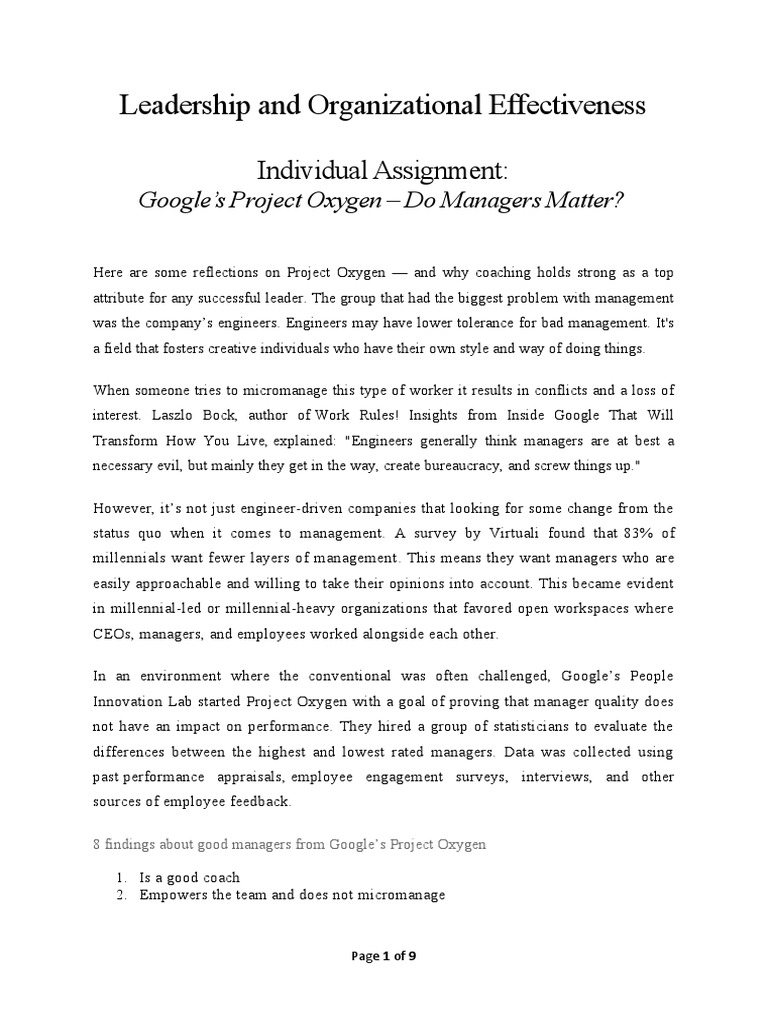Why Middle Managers Matter: Value To Companies And Employees

Table of Contents
The Bridge Between Leadership and Employees: Fostering Effective Communication
Middle managers serve as a vital link, translating the often-abstract strategies of senior leadership into concrete, actionable tasks for their teams. Simultaneously, they act as a conduit for upward feedback, ensuring that the voices and concerns of employees are heard at the highest levels. This bidirectional communication flow is critical for organizational health and success.
Improving Communication Flow
- Clarifying Expectations: Middle managers ensure everyone understands their roles, responsibilities, and the overall goals. This clarity minimizes confusion and wasted effort.
- Resolving Misunderstandings: They act as mediators, addressing conflicts and resolving ambiguities before they escalate into larger problems.
- Efficient Information Dissemination: They ensure that crucial information reaches all team members promptly and effectively, keeping everyone informed and aligned.
Poor communication leads to decreased productivity, missed deadlines, and a decline in employee morale. Middle managers mitigate this risk by implementing effective communication strategies that enhance employee engagement and team collaboration.
Facilitating Feedback Loops
Middle managers actively solicit employee feedback through various channels, such as one-on-one meetings, team discussions, and surveys. This feedback is then relayed to senior management, providing invaluable insights into employee morale, project progress, and potential roadblocks. This two-way communication fosters a culture of open dialogue, leading to better decision-making and improved performance management. Regular employee feedback is crucial for ensuring that strategic goals are aligned with the realities on the ground.
Driving Productivity and Performance: Mentoring and Motivation
Beyond communication, middle managers play a crucial role in guiding, mentoring, and motivating their teams to achieve ambitious goals. Their ability to nurture talent and foster a positive work environment is directly linked to increased productivity and improved performance.
Enhancing Team Performance
- Providing Training and Coaching: Middle managers offer tailored support and guidance, equipping their teams with the necessary skills and knowledge to excel.
- Offering Constructive Feedback: They provide regular feedback, celebrating successes and addressing areas for improvement constructively.
- Facilitating Collaboration: They foster a collaborative environment where team members support each other and work towards shared objectives.
Through effective team leadership, middle managers contribute significantly to performance improvement and the implementation of successful productivity strategies.
Boosting Employee Morale and Retention
Middle managers create a positive workplace culture by recognizing individual contributions, providing support during challenging times, and fostering a sense of belonging within the team. This contributes significantly to employee motivation and job satisfaction. High employee morale translates to reduced employee turnover, saving the company significant time and resources associated with recruitment and training. Investing in effective middle management is directly linked to improved employee retention and a stronger workplace culture.
Strategic Implementation and Problem Solving: The Backbone of Operational Efficiency
Middle managers are the linchpin connecting high-level strategic goals with on-the-ground execution. They translate broad directives into specific, actionable plans within their teams, ensuring operational efficiency and minimizing potential disruptions.
Operational Efficiency
- Resource Allocation: Middle managers optimize the allocation of resources, ensuring that teams have the tools and support they need to succeed.
- Process Improvement: They identify areas for streamlining workflows, eliminating bottlenecks, and enhancing overall efficiency.
- Problem Solving: They proactively address challenges and implement solutions, preventing minor issues from escalating into major problems.
These actions contribute to operational excellence and process optimization, ensuring the smooth functioning of the organization.
Identifying and Addressing Challenges
Middle managers are often the first to identify potential roadblocks and anticipate challenges. Their proactive approach to risk management and change management allows them to implement solutions before problems significantly impact productivity. Their role in project management ensures that projects stay on track and within budget. By anticipating and mitigating risks, they contribute to the overall stability and success of the organization.
The Indispensable Role of Middle Managers
In conclusion, middle managers are indispensable for effective communication, enhanced productivity, and efficient operations. Their value extends to both companies, through improved performance and reduced risks, and employees, through increased engagement and career development opportunities. Recognizing and investing in effective middle management is crucial for improving overall company performance and employee satisfaction. The importance of middle managers cannot be overstated; they are the backbone of a successful organization. To learn more about enhancing your middle management strategies, explore resources on leadership development and team management techniques. Valuing your middle managers is an investment in your company's future.

Featured Posts
-
 Low Memorial Day Gas Prices What Drivers Need To Know
May 24, 2025
Low Memorial Day Gas Prices What Drivers Need To Know
May 24, 2025 -
 Porsche Macan Buyers Guide Everything You Need To Know
May 24, 2025
Porsche Macan Buyers Guide Everything You Need To Know
May 24, 2025 -
 M62 Westbound Roadworks Manchester To Warrington Resurfacing
May 24, 2025
M62 Westbound Roadworks Manchester To Warrington Resurfacing
May 24, 2025 -
 Michael Caines Unexpected Mia Farrow On Set Encounter A Shocking Story
May 24, 2025
Michael Caines Unexpected Mia Farrow On Set Encounter A Shocking Story
May 24, 2025 -
 Escape To The Country Overcoming Challenges And Embracing Rural Living
May 24, 2025
Escape To The Country Overcoming Challenges And Embracing Rural Living
May 24, 2025
Latest Posts
-
 Tragoedien Und Triumphe Geschichten Aus Der Naehe Des Essener Uniklinikums
May 24, 2025
Tragoedien Und Triumphe Geschichten Aus Der Naehe Des Essener Uniklinikums
May 24, 2025 -
 Essen Das Uniklinikum Und Seine Bewegende Umgebung
May 24, 2025
Essen Das Uniklinikum Und Seine Bewegende Umgebung
May 24, 2025 -
 Polizeimeldungen Essen Waldbrand In Heisingen Am 07 04 2025 Aktuelle Informationen
May 24, 2025
Polizeimeldungen Essen Waldbrand In Heisingen Am 07 04 2025 Aktuelle Informationen
May 24, 2025 -
 Beruehrende Momente In Der Naehe Des Uniklinikums Essen
May 24, 2025
Beruehrende Momente In Der Naehe Des Uniklinikums Essen
May 24, 2025 -
 04 2025 Feuerwehr Essen Im Einsatz Waldbrand In Heisingen
May 24, 2025
04 2025 Feuerwehr Essen Im Einsatz Waldbrand In Heisingen
May 24, 2025
